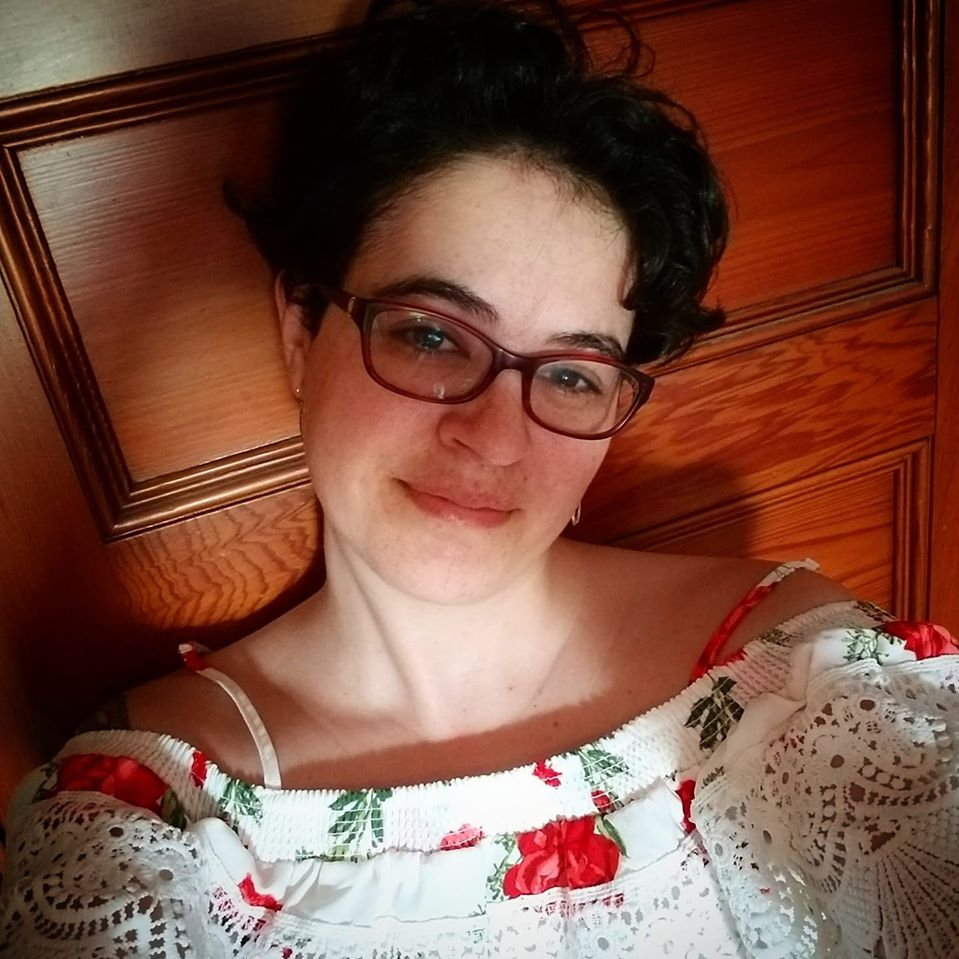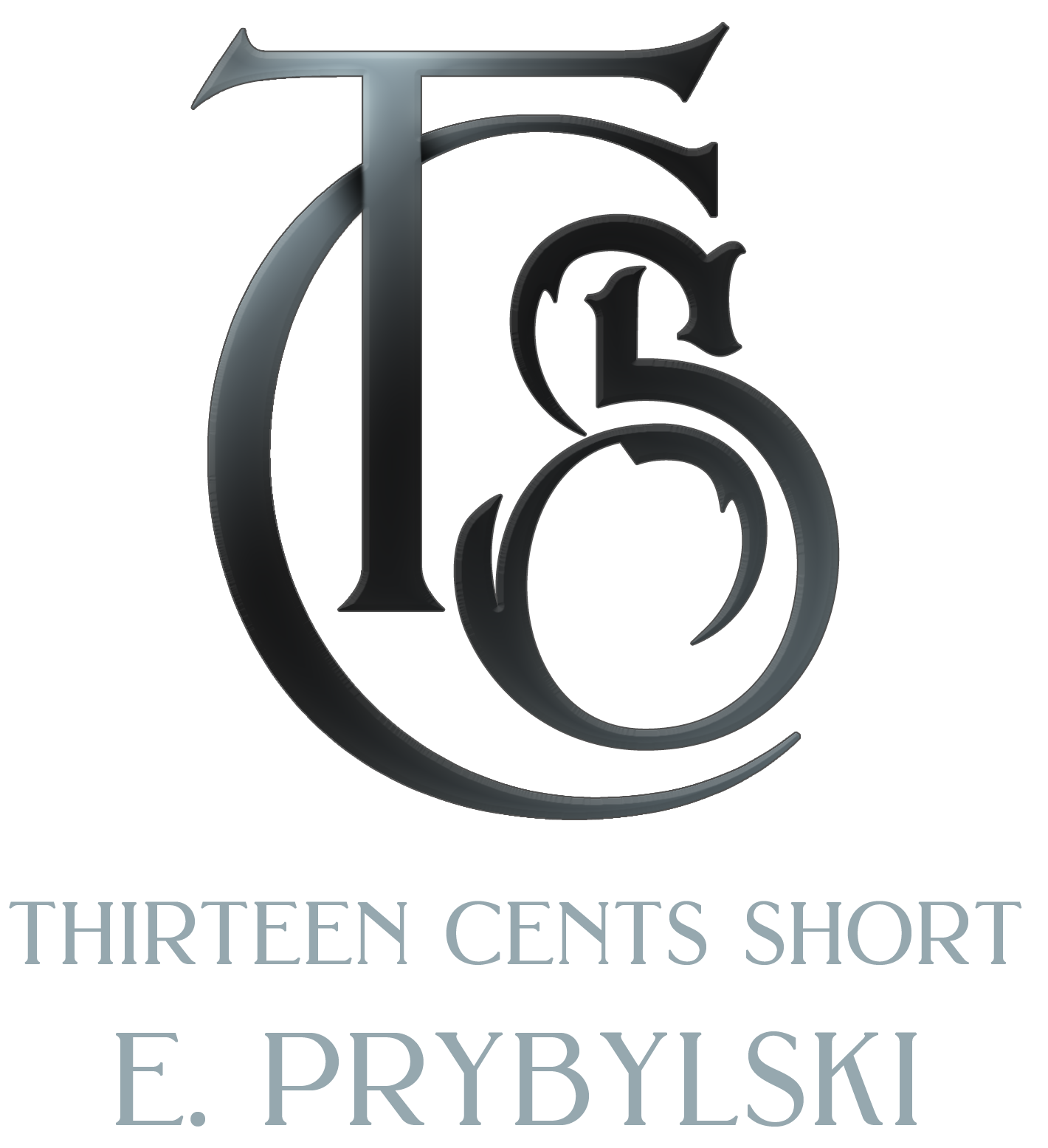I’ve done posts about this before, but I will say it again: Marketing is probably the hardest part of being a writer. Sure, writing is difficult, and editing can be painful, but marketing is often so anathema to the very foundations of our souls that doing it feels like the psychic equivilent of nails on a chalkboard. Most writers are introverts, and the idea of going out of our way to scream from the metaphorical rooftops like a 17-year cicada scares the heck out of us. Well, if we’re doing it as a marketing technique. What you do at midnight after drinking too much tequila stays between you, the roof, and your neighbors.
However, the cold, hard reality is that no marketing means no sales. No sales means no money. And your publisher will not do all your marketing for you. No matter what you’ve been told, your publisher cannot and will not do your marketing for you. Some of it they absolutely will pick up, but the bulk of it will land squarely on your shoulders because they cannot do a large portion of it for you. Not just because they don’t have money for publicists (or don’t want to invest that money in you) but also because they cannot replace your voice with their own and have books sell.
Most writers are introverts, and the idea of going out of our way to scream from the metaphorical rooftops like a 17-year cicada scares the heck out of us.
E. Prybylski
Trust me. I’ve tried it as a publisher. It just doesn’t work. No matter how much yelling, cajoling, and approaching people I do, I cannot replace an author because most outlets small enough to be accessible to me as an indie publisher don’t want to hear from me. They want to hear from the author. They want to talk to you because you’re the interesting party here. And the expert, no less.
So how do we handle this? Well, after spending some time today working on a plan, I have put together a three-part snapshot of how I am telling the authors my company has published to handle their marketing. I’ll put a download link at the bottom of the blog post so you can download it, too. The ideas aren’t unique to me; I just put them together in this three-phase plan. It’s easy to feel overwhelmed by marketing, so I broke it down into three categories for average, everyday use.
This document is separate from a lot of the things you’ll want or need to do for a book launch, so don’t use this as a launch guide. This is a maintainance plan for when you have a book out and are past the launch push. Book launches require a completely different approach. Many of the same actions are part of it, but during launch time, there is a lot more required, and instead of spending a couple hours a week, you’ll probably spend the first week giving it a couple hours a day.
This guideline also does not include things like Amazon/Facebook ads or other such things because this was written for the authors published by my company, and Insomnia handles much of that kind of paid marketing. For a self-published author, you will want to look into Amazon advertising and things like BookBub and other paid promotions, but that’s beyond the scope of this blog, and I am by far not an Amazon ads expert. That’s my business partner’s job, and he does a good job of it.
The three categories in the attached file are:
- Things you can do once and not worry about.
- Things you need to do every week.
- A list of multiple options you can choose three of to do per week and change it up however you like.
Now, you can take that last one and do more of those items per week, or if you’ve exhausted one of those resources, you can just not bother with it for that week (or at all, in the case of vlogging or podcasting if you just are not going to market that way). But I pulled together a pretty big list of options that if an author tackled some of those every week, they would find themselves making progress.
Personally, I try and do the following every week (with the understanding that sometimes it just isn’t happening due to disability, illness, or life).
- Post at least twice on my author social media accounts.
- Have two blog posts prepared per week (sometimes I write well ahead).
- Post in my “street team” group once a week to update them on where I am in my process.
- Create marketing images in Canva for my blog posts and book.
- Schedule my blog posts and promotional posts.
That is my usual weekly rotation. That will change some once my novel comes out in January (I’ll be adding a few things), but absent writing a blog post (which takes me about half an hour to forty minutes on average), most of those things I can get done all at once in about half an hour if not less, depending on how much time I spend noodling in Canva. (It’s kind of addictive.)
I have taken to Pomodoro timers, so I can usually get most of my marketing work done in a single “pomodoro” (a unit of 25 minutes with a 5 minute break.) My blog posts typically take two pomodoros. One to write, one to edit and schedule (which includes making a promotional image).
Sometimes they take more or less depending on the subject, but that adds up to about an hour and a half a week of straight marketing work. This doesn’t count the time I spend on Twitter hanging out in the #WritingCommunity hashtag or meandering through writing groups on Facebook and leaving comments for folks. While I should ration that time out and dedicate some time specifically for that every couple days, I usually do it at 3am when I should be sleeping and am instead staring at my phone. You know, as one does.
My point with this blog is that marketing doesn’t need to be an eldritch horror of a process. You can spend an hour or two a week on it and get a lot more done than you expect, and if you schedule your time effectively, you can pack a lot into a tiny time period and be very productive about it.
Marketing shouldn’t cut heavily into your writing time except maybe for a short time around a novel launch. Other than that, you should ration your time so you make the most of it without overwhelming yourself. When the world returns to in-person, you may need to spend more since you will want to schedule in-person events, but it shouldn’t be terrible. And a lot of this work may be fun and exciting.
I hope you find this list helpful. At the bottom of it you’ll find a bunch of links, including a link to a personal YouTube playlist I have put together including some of my favorite book marketing videos that I think share a lot of really good advice.
If you like the list, feel free to use it or take pieces and parts of it to create your own marketing plan. Like I said, I am not coming up with any new or revolutionary suggestions here, so I’m not territorial about it.
Also, be aware that if you’re coming to this list in the future (it’s August, 2021 right now), the components may change and need updating based on the changing markets, so that’s something you’ll want to be aware of as you venture into the wide world of marketing. Though I suspect a lot of the fundamentals will remain the same.

E. Prybylski has been in the publishing industry as an editor since 2009, starting at Divertir Publishing and eventually partnering with her close friend Richard Belanger to begin Insomnia Publishing.
Ever since childhood, E. has been an avid reader and writer of fantasy. The first chapter book she remembers reading is The Hobbit, followed swiftly by most of Anne McCaffrey’s Pern series. In high school, she perfected the skill of walking while reading without slamming into anyone. Mostly.
When she isn’t reading or writing, E. is an active member of the Society for Creative Anachronism and has a B.A. in European history from SNHU. In addition to her many historical pursuits, E. is a musician of multiple instruments, a cat mom, and a loving wife to her husband, J. E. also speaks out for the disability and chronic illness communities being a sufferer of chronic migraines and Ehlers-Danlos Syndrome.

Ugh! If I MUST do it, this should help a great deal. Thanks for sharing, babycakes!
Always glad to hear from you! And yeah, it’s something we all must do. There are a lot of resources that are helpful. I’ve been listening to the “Book Marketing Simplified” podcast that has a lot of wonderful suggestions that feel very attainable.
https://www.mixtusmedia.com/podcast
I’ve been really enjoying their content. Let me know what you think of it if you enjoy them, too!
Determined to suck all the lazy joy from my life, are you, with all these suggestions? I’ve just returned to civilization after a week of walking in the woods, and you spring “things to do” on me with no attempt to softpedal the work involved. Phooey, I say. Phooey!
I know, I’m just terrible! Hahaha! I hope you had a delightful walk in the woods. I’m off to take one, myself, in a couple weeks. 🙂
I envy you having that trip to look forward to, Beth. It’s 97 degrees here today and no end in sight, and another hurricane is barreling down on us, apparently. Somebody remind me why I still live in this state, please, because I can’t think of a single reason to stay. (Not my best day. Can you tell?) Love, HB